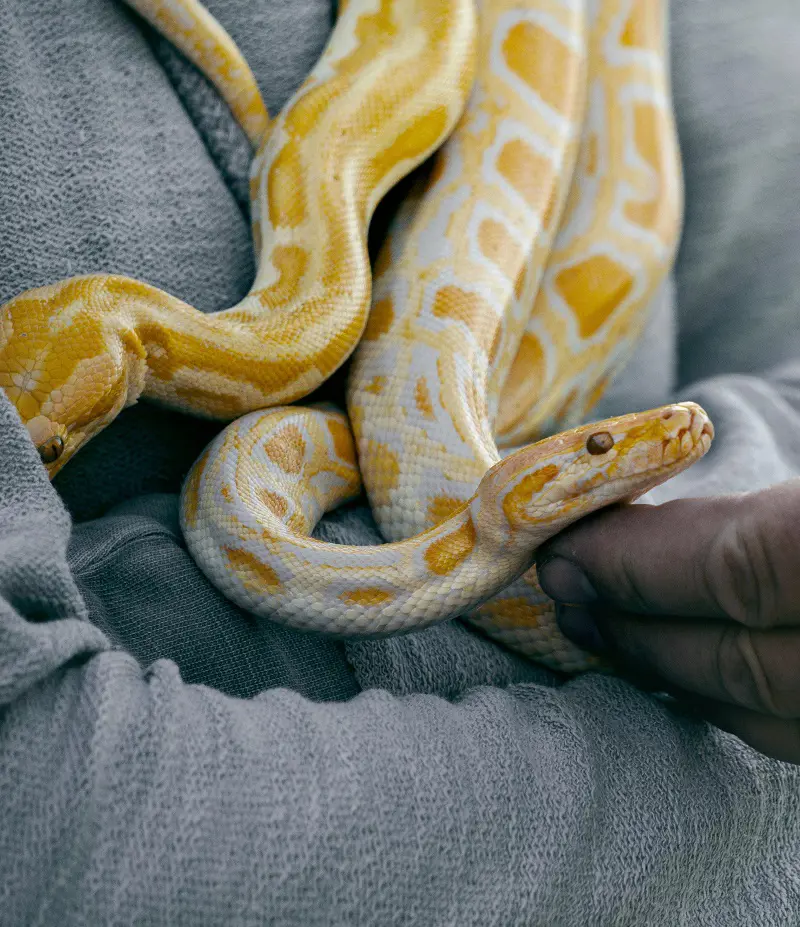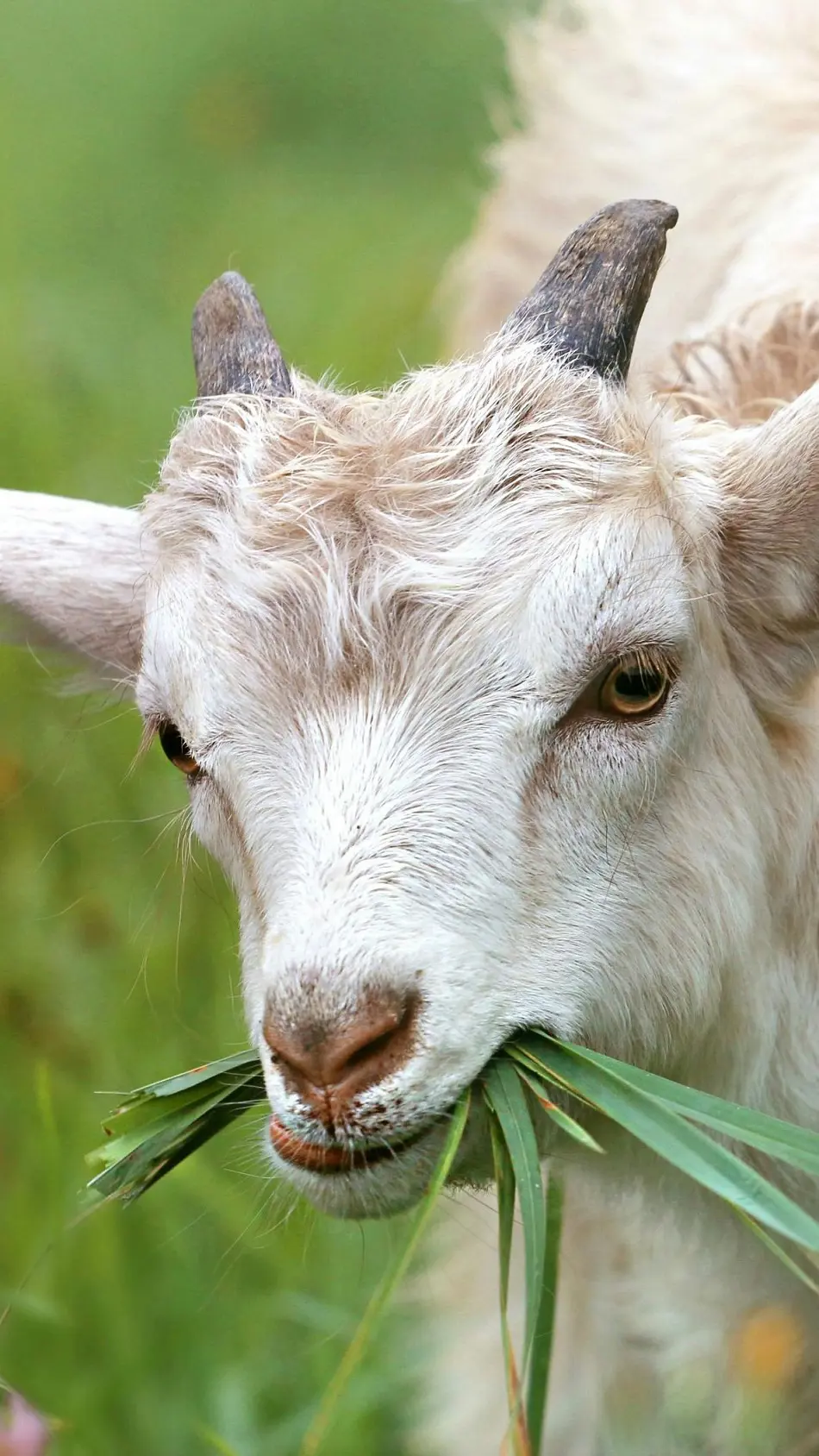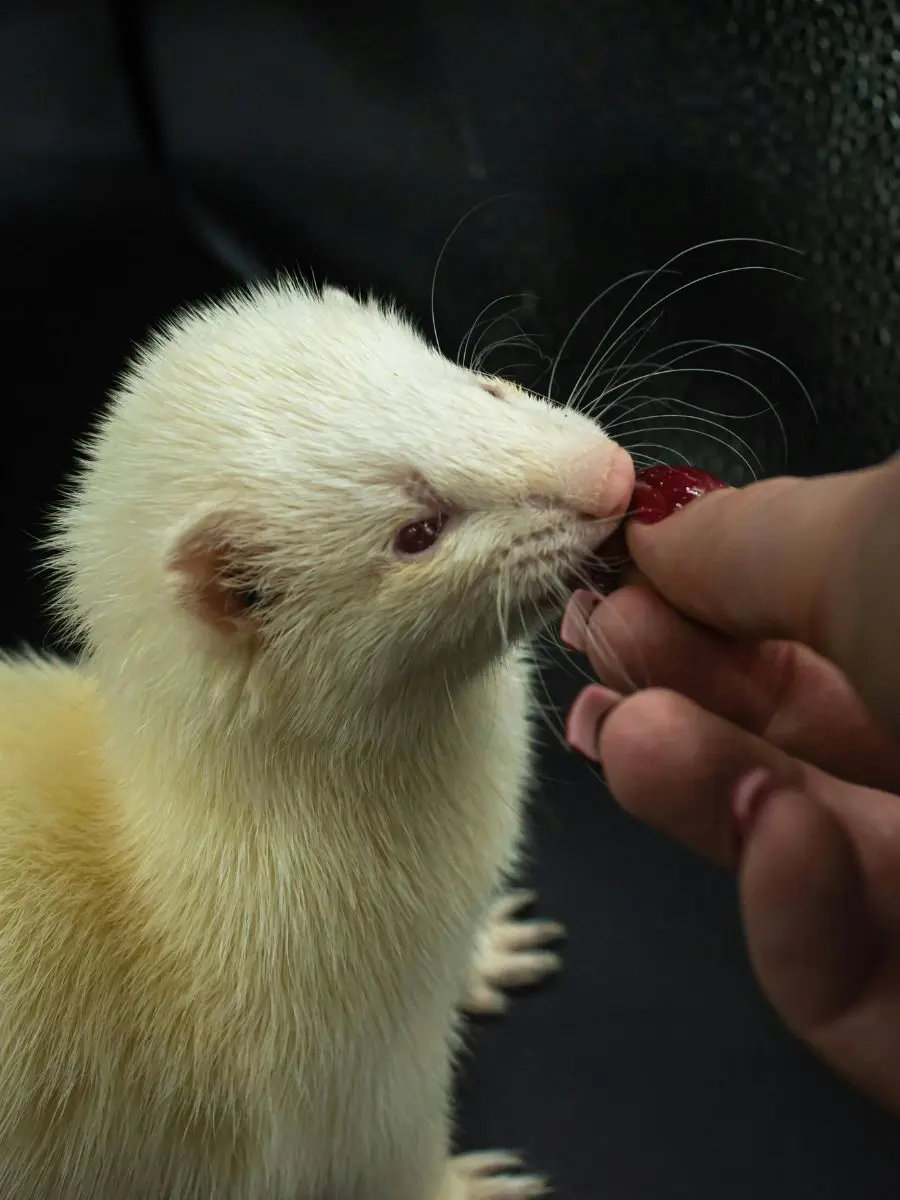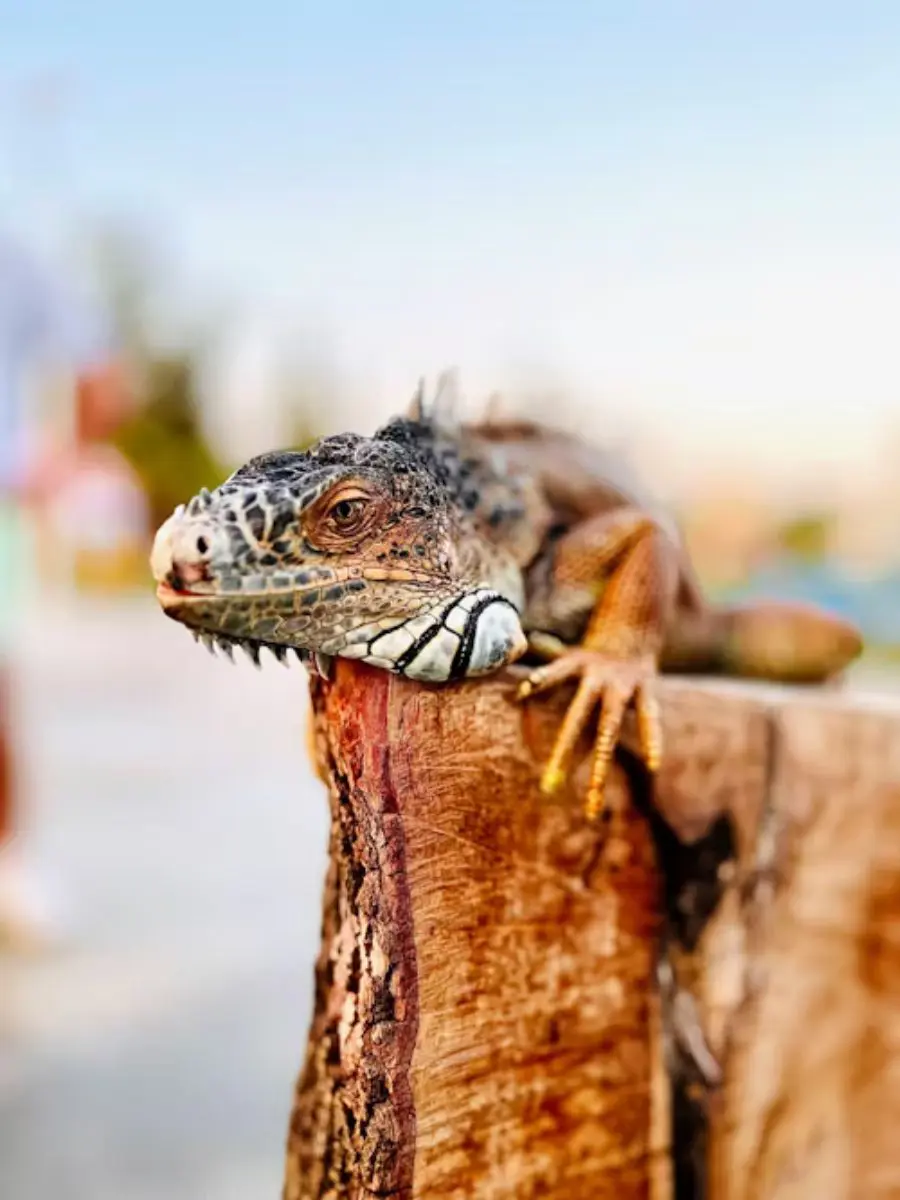18 Foods Geckos Can Have
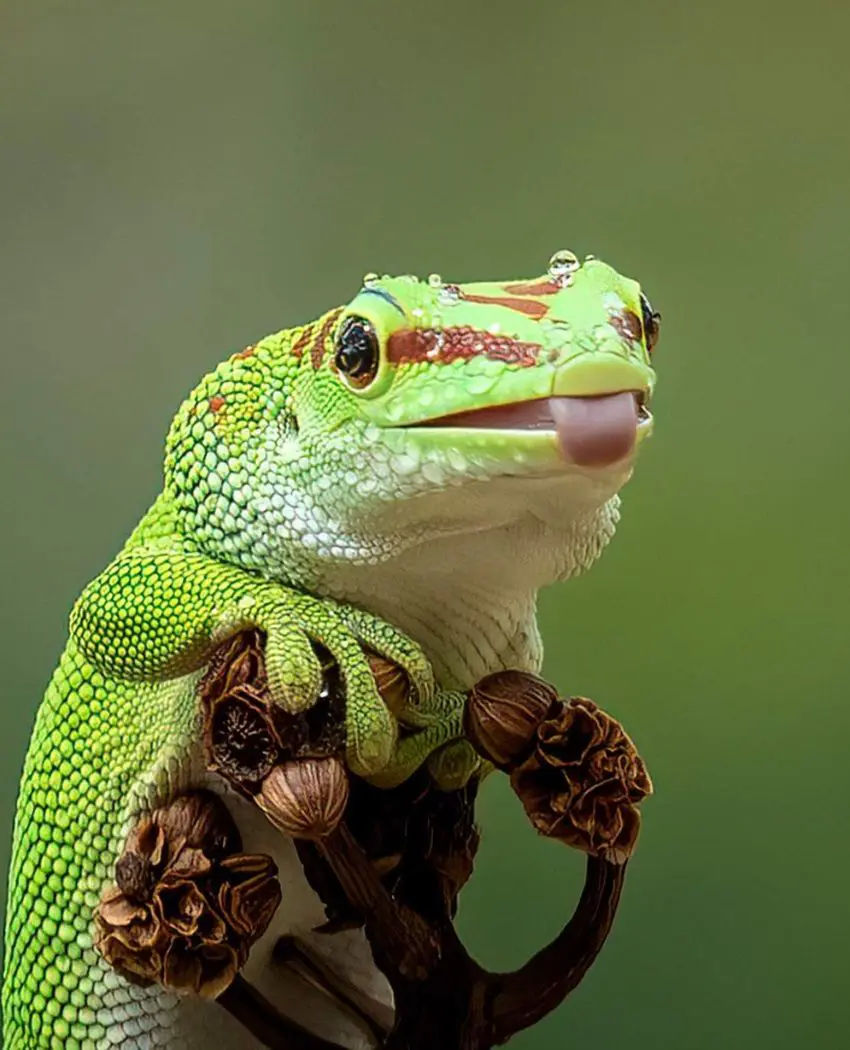
Geckos are a group of small to medium-sized lizards known for their unique adaptations. It is important to understand what geckos eat before you bring them home.
The exact food for geckos may vary based on their age, species, and activity level. Geckos are predators that mostly prefer to eat insects found in the wild. So, it is beneficial if you feed them with live insects by either purchasing or breeding them.
1. Crickets
Cricket is an essential part of a gecko's diet, especially ones like Leopard Geckos, Tokay Geckos, and African Fat-Tailed Geckos. It is a food packed with protein, which is crucial for growth, muscle maintenance, and overall health.
Cricket has a good balance of fat that supports the energy levels and overall well-being of a gecko. It also has vitamins B, A, and D. The presence of vitamin B contributes to the energy metabolism of a gecko.
Moreover, hunting crickets also stimulates their natural predatory behavior, contributing to active mental and physical health. It is a beneficial food source for geckos due to their ability to promote natural behaviors and nutritional content.
2. Mealworms
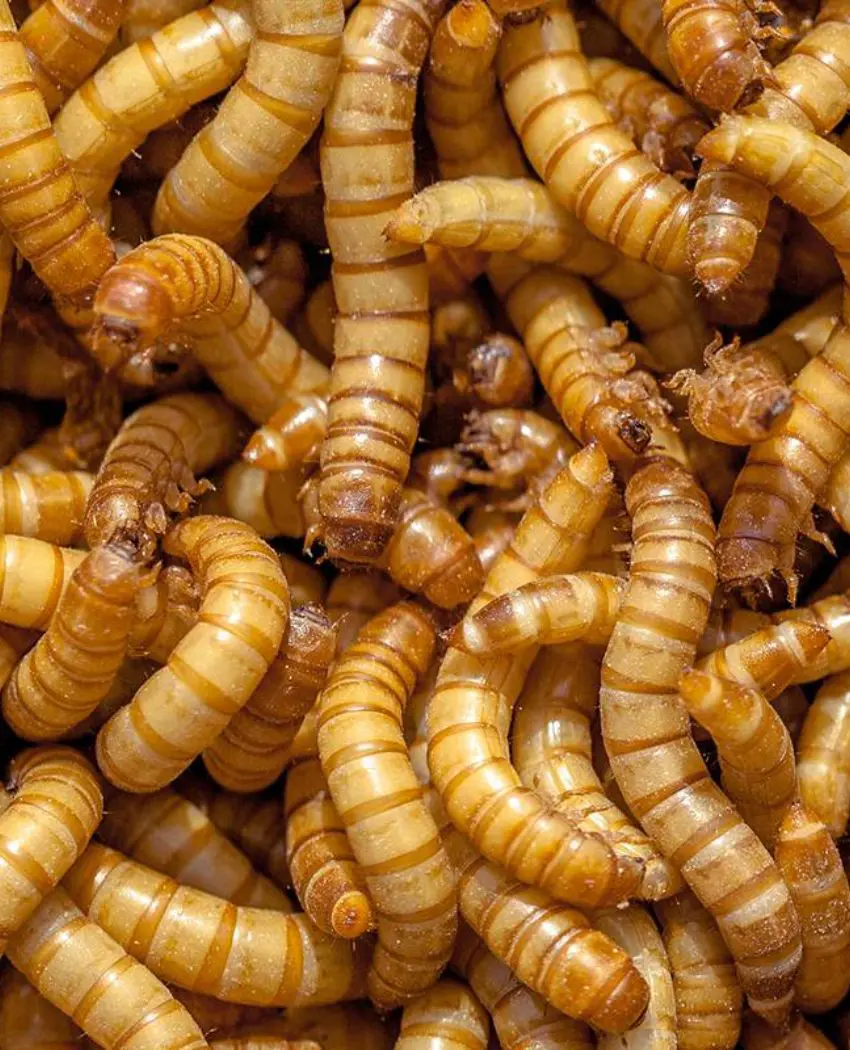
Mealworms are another beneficial food with a good source of nutrition for geckos. It consists of protein that supports growth, muscle maintenance, and overall health. They provide energy as they are relatively high in fat, but should be fed in moderation to prevent obesity.
You can find vitamin B in mealworms which contributes to the metabolic health of geckos. These creatures are widely available and easy to store, so adding them to a gecko's diet will help prevent nutritional deficiencies and boredom.
Hunting mealworms encourages the natural hunting behavior of geckos, contributing to their mental and physical health. Therefore, it is a nutritional food that can benefit gecko's health if fed in moderation.
3. Waxworms
Waxworms are feeder insects that are at the larval stage of the wax moth. These insects are used as treats for geckos as they are high in fat content.
Unlike other feeder insects, waxworms are not that high in protein, vitamins, and minerals. While they do contain some amount of nutritional value, they are best for geckos that need to gain weight due to their excessive fat content.
Adding waxworms will add variety to your gecko's diet, making feeding time more interesting and fun. Therefore, it is a great treat for underweight or recovering geckos that helps to recover their strength.
4. Silkworms
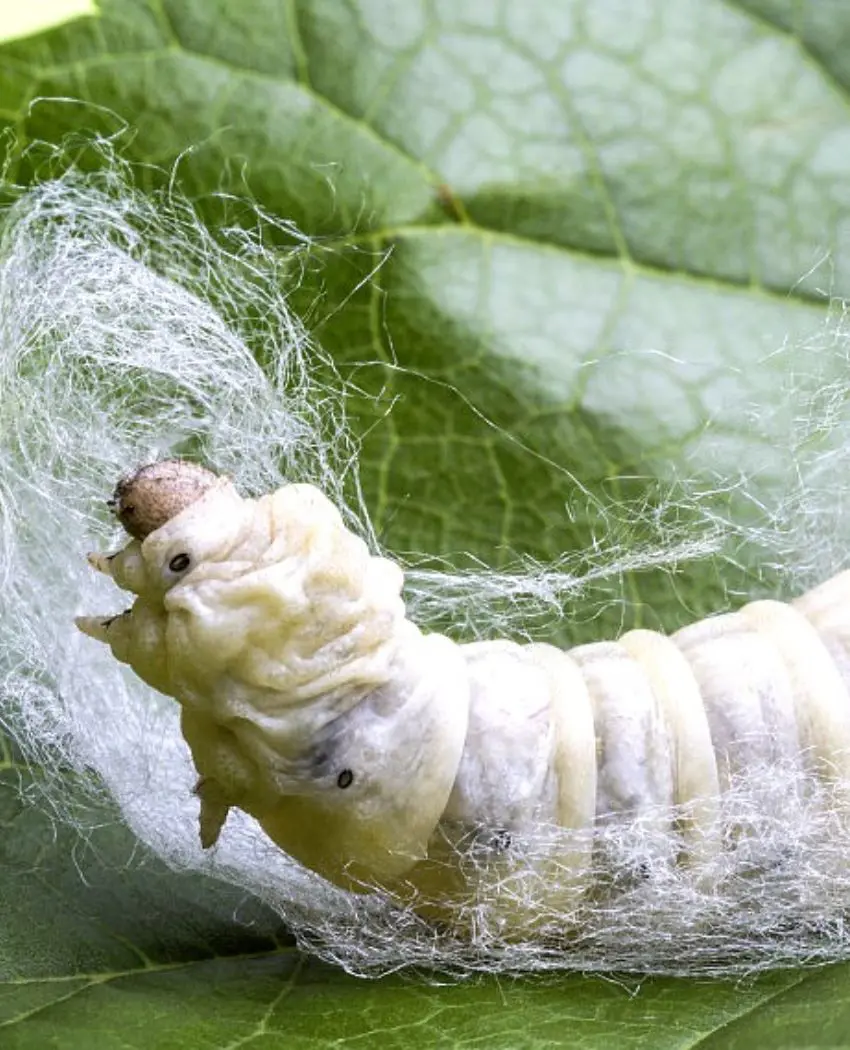
Silkworms are highly nutritious and beneficial food for geckos and are considered one of the healthier options among feeder insects. They contain high protein content making them excellent for supporting muscle growth, repair, and well-being.
It is a good option for regular feeding for geckos as it is relatively low in fat and provides the required energy without the risk of getting fat.
Silkworms contain vitamins B1, B2, and B3 and iron, magnesium, and potassium. These nutrients help geckos with a wide range of bodily functions, from energy metabolism to maintaining a healthy immune system.
5. Dubia Roaches
Dubia roaches are high in nutrition, easy to care for, and have low odor, making them the perfect food for geckos. They are mostly beneficial as a staple food for gecko species.
Geckos benefit from Dubia roaches due to their high protein value which is important for muscle growth and development. It also provides a good source of energy without the risk of weight gain as they have moderate fat content.
Vitamins such as B, A, and iron found in Dubia roaches support bodily functions such as metabolism, vision, and blood health. Moreover, these insects are also easy for geckos to digest due to their soft exosekelon.
6. Hornworms
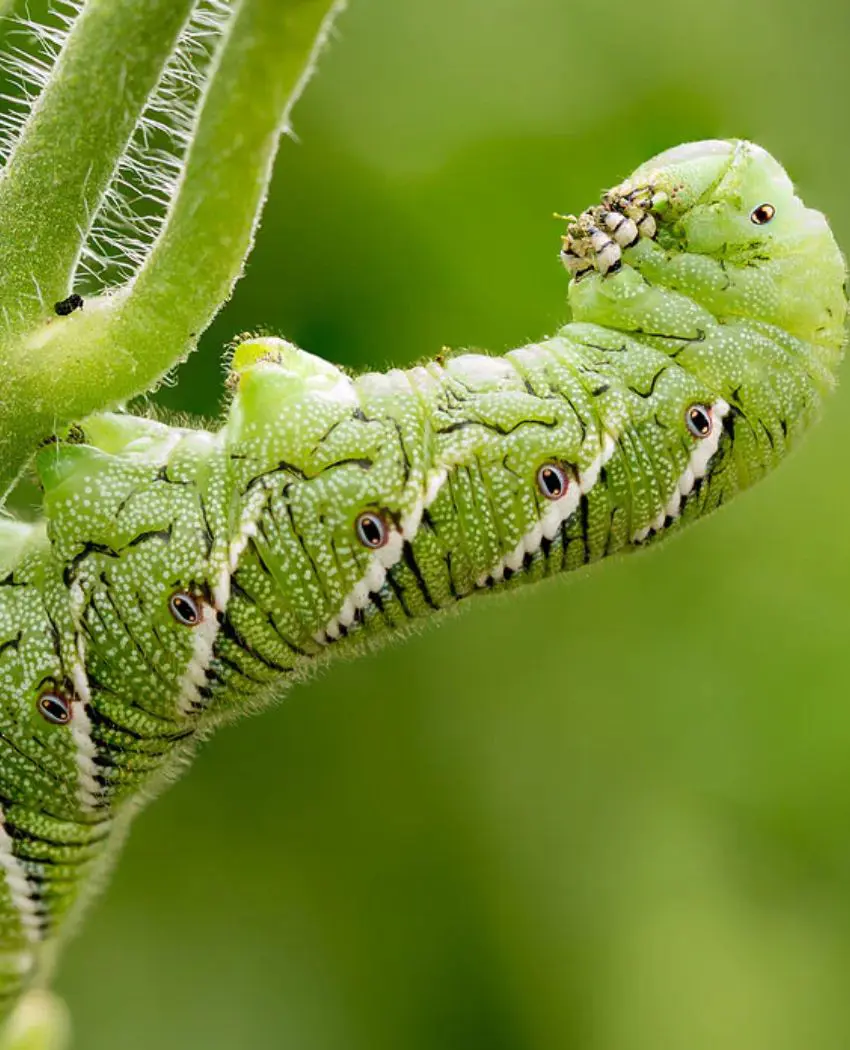
Hornworms are another nutritional food for geckos, and they are highly valued for their high moisture content. Compared to other feeder insects, they are lower in protein, but they still provide enough protein to support growth.
These insects are very low-fat, making them a perfect option for regular feeding without causing obesity. Including hornworms will help geckos maintain strong bone health due to their high calcium content.
The high moisture content of hornworms makes them a perfect food to keep geckos hydrated, especially those that live in dry environments. Therefore, it is a great food that maintains hydration and supports a low-fat diet.
7. Superworms
Superworms can be a perfect addition to your gecko's diet due to their high protein content and appealing size. However, there are a few things you should consider before giving it to your gecko.
These insects are high in fat, making them a rich energy source, but they should be fed in moderation to avoid obesity. It consists of high protein that supports muscle growth and development of geckos.
While super worms do contribute to overall nutrition, supplementation with other foods is necessary to ensure a balanced diet. Including them in a gecko's diet with other feeder insects can contribute to overall health and activity.
8. Fruit Flies
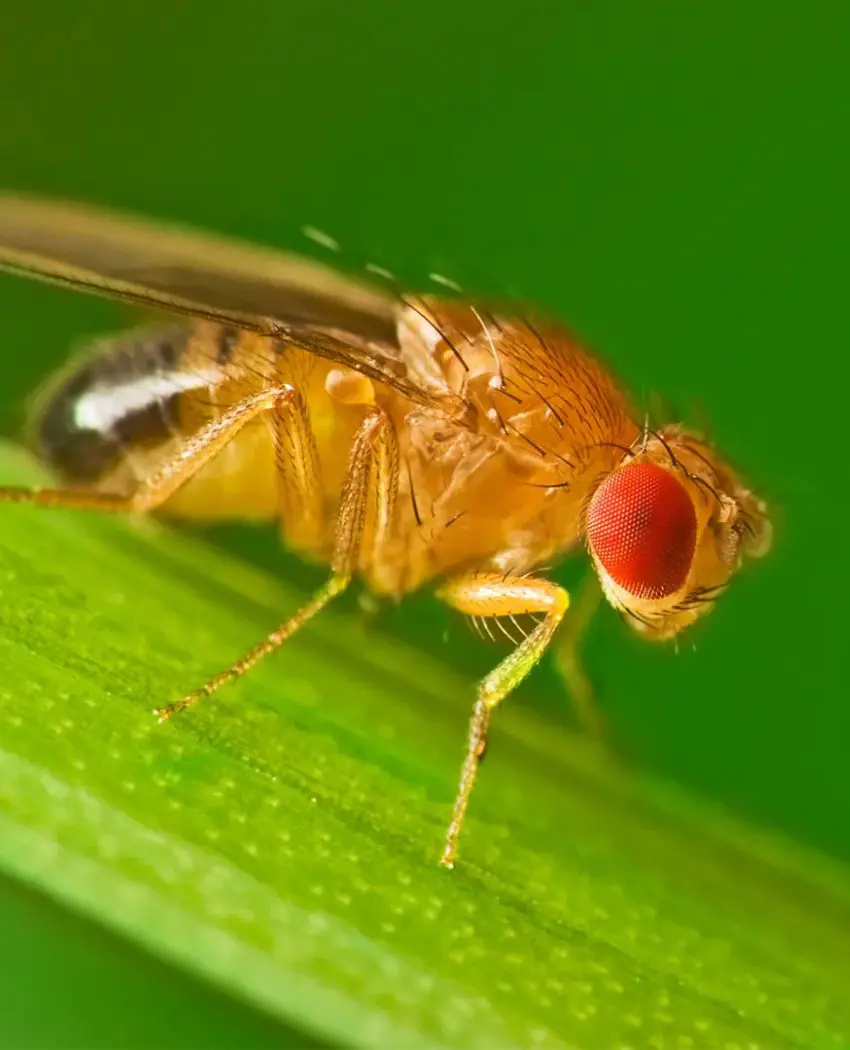
Fruit flies, especially the flightless or wingless kinds, are commonly used as feeder insects for reptiles. They are great for feeding small gecko species. The protein content in fruit flies supports growth and development, especially in younger ones.
They have low-fat content, which makes them an excellent option for geckos that require a lean diet. For younger and delicate geckos that may not drink from a water dish, fruit flies are perfect due to their moderate water content that helps with hydration.
These creatures are active and support geckos to hunt, resulting in better mental stimulation and exercise, particularly for young or highly active geckos.
9. Earthworms
Earthworms are nutritious food sources that are good for occasional addition due to their high protein and moisture. They contain high protein that supports muscle growth and tissue repair, making them a great treat for those in need of extra protein.
These worms have very low fat content, which can be beneficial for the geckos due to the low chance of getting fat. Earthworms also consist of minerals such as iron, magnesium, copper, and some vitamin B that contribute to metabolic function and the development of strong bones and muscles.
10. Papaya
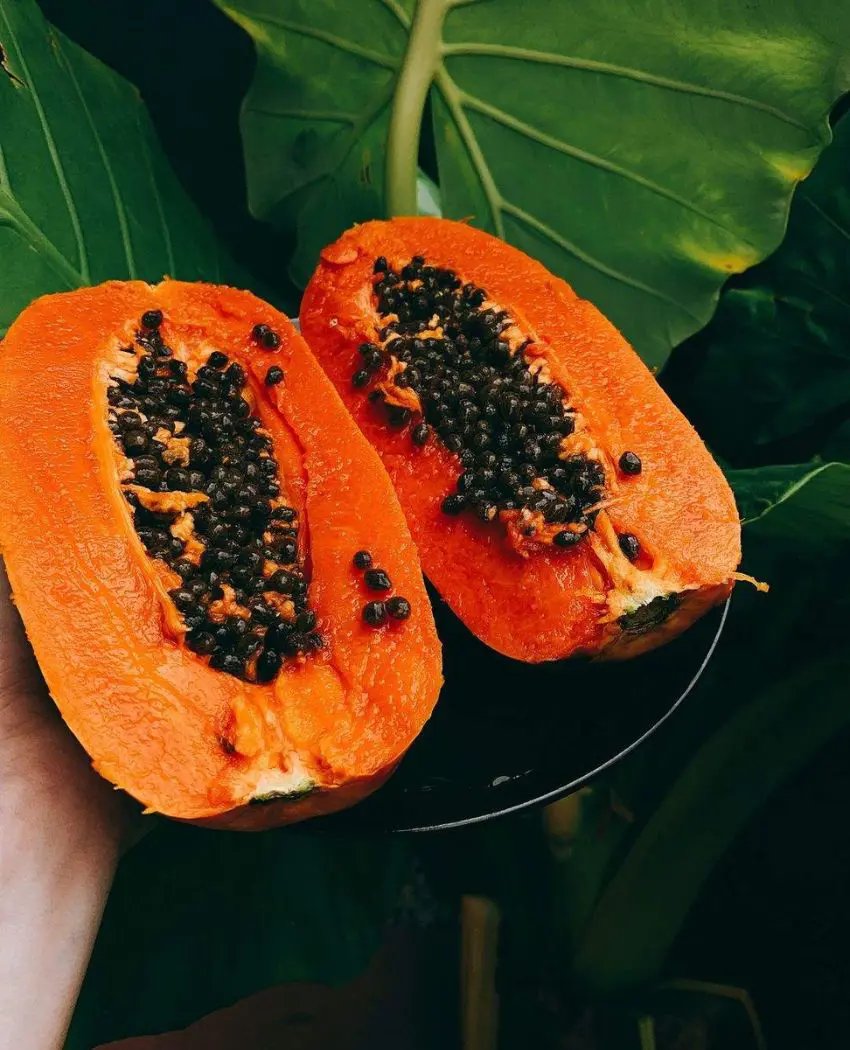
Papaya is a great food option for certain species of geckos like crested geckos and day geckos. It contains vitamins such as C, A, and folate. While vitamin C supports the immune health of a gecko, vitamin A is crucial for vision and skin health.
Potassium contained in papaya supports the nerve function and muscle control of geckos, whereas calcium and magnesium are important for bone health and metabolic processes. The fiber content of papaya helps to prevent constipation in geckos.
Papayas are also rich in moisture, help to maintain hydration levels, and are beneficial for geckos. Therefore, it can contribute to the better well-being of geckos if fed in moderation.
11. Pears
Pears are sweet fruits that can be a great addition to a gecko's diet. While they are not as nutrient-dense as other fruits, their hydrating features can still benefit geckos.
Pears filled with vitamin C support immune health and skin integrity. Vitamin K content is also important for blood clotting and bone health. It is also a great source of minerals such as potassium, copper, and a small amount of calcium.
The presence of fiber helps in digestion and helps regulate bowel movements for geckos. They also have high water content which helps to keep geckos hydrated in dry environments.
12. Mango
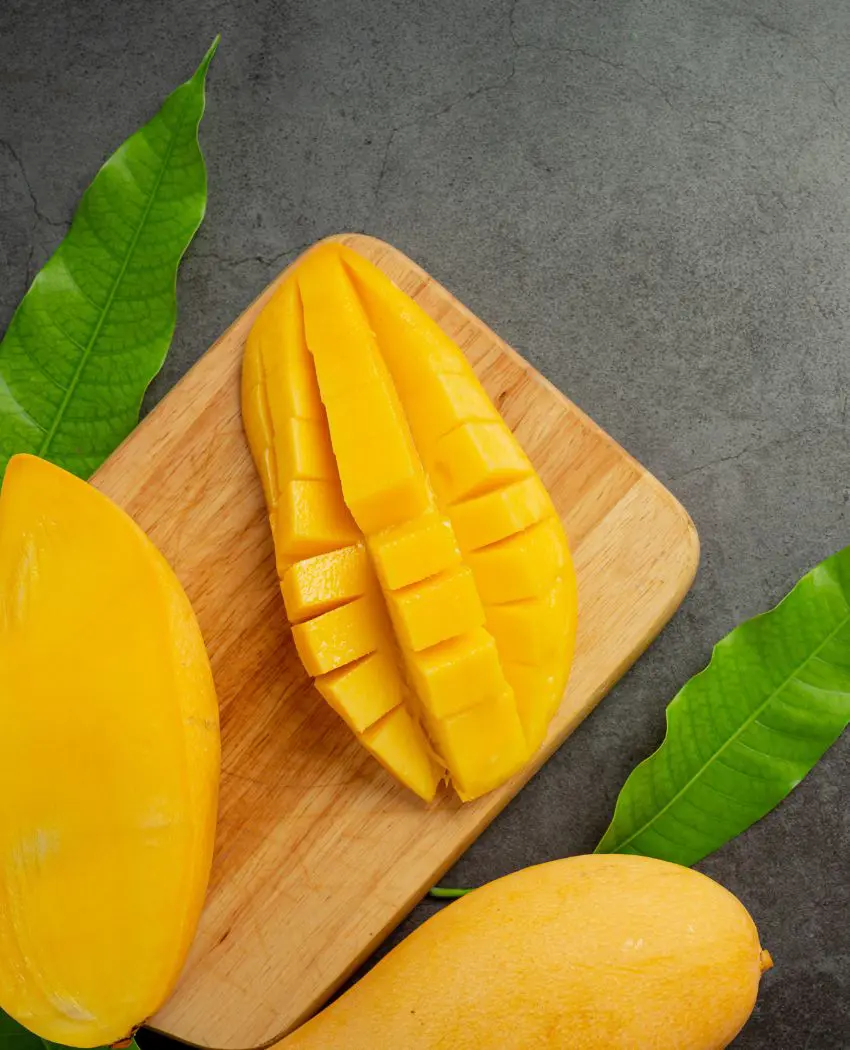
Mangoes are packed with vitamins and antioxidants and can be a delicious nutritional and valuable occasional treat for geckos. They are high in sugar content, so they should be given in moderation.
Geckos can benefit from mangoes as they contain vitamins C, A, and E. Potassium present in mangoes that regulate muscle function and nerve signals, whereas magnesium supports bone health and metabolic functions.
While high sugar content in mangoes can be a quick source of energy, they should be offered in moderation to avoid overconsumption and health issues such as obesity.
13. Watermelon
While watermelon is not as nutrient-dense as some other fruits, they are refreshing fruits that provide hydration to geckos. It contains vitamins C and A which support immune health and vision respectively.
It also helps with muscle functioning and bone health as it contains minerals such as potassium and magnesium. Watermelon has an extremely high water content which keeps the geckos hydrated. Fiber content also contributes to maintaining the digestive health of geckos.
Therefore, watermelon is a stimulating food, but it should be given in moderation due to other lower nutrient density and natural sugar content.
14. Berries
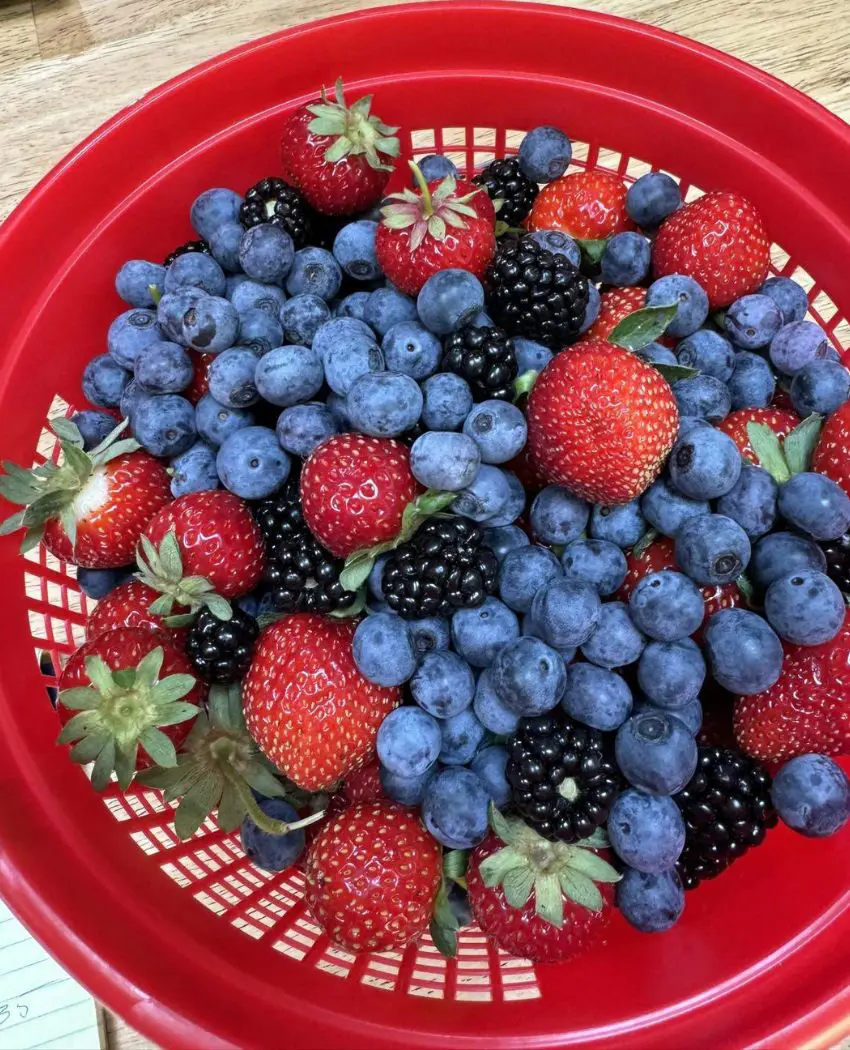
If you are looking for fruits that can be nutritious and enjoyable for your gecko, berries can be the best choice. These fruits are packed with vitamins, antioxidants, and fiber, making them a great addition.
Vitamin C present in berries supports immune health and skin integrity, whereas vitamin A is important for vision, skin health, and growth. They are also packed with minerals such as potassium, manganese, and a small amount of calcium.
The dietary fiber present in berries helps in digestion and prevents constipation. It is a very beneficial food that supports various aspects of health, including immune function, cellular protection, and overall vitality.
15. Apples
Apples are a great fruit option for geckos as they are easy to prepare and very nutritious. It consists of vitamins C and A that support the immune function and vision of geckos respectively.
It is also great for muscle function and nerve signaling due to the presence of potassium. Calcium present in apples supports the bone health and metabolic processes of geckos. In addition, it also contributes to hydration due to the moderate water content present in it.
Therefore, apples are a healthy and hydrating food option for geckos that support their overall health and digestion. However, they should be fed in moderation due to their natural sugar content.
16. Guava
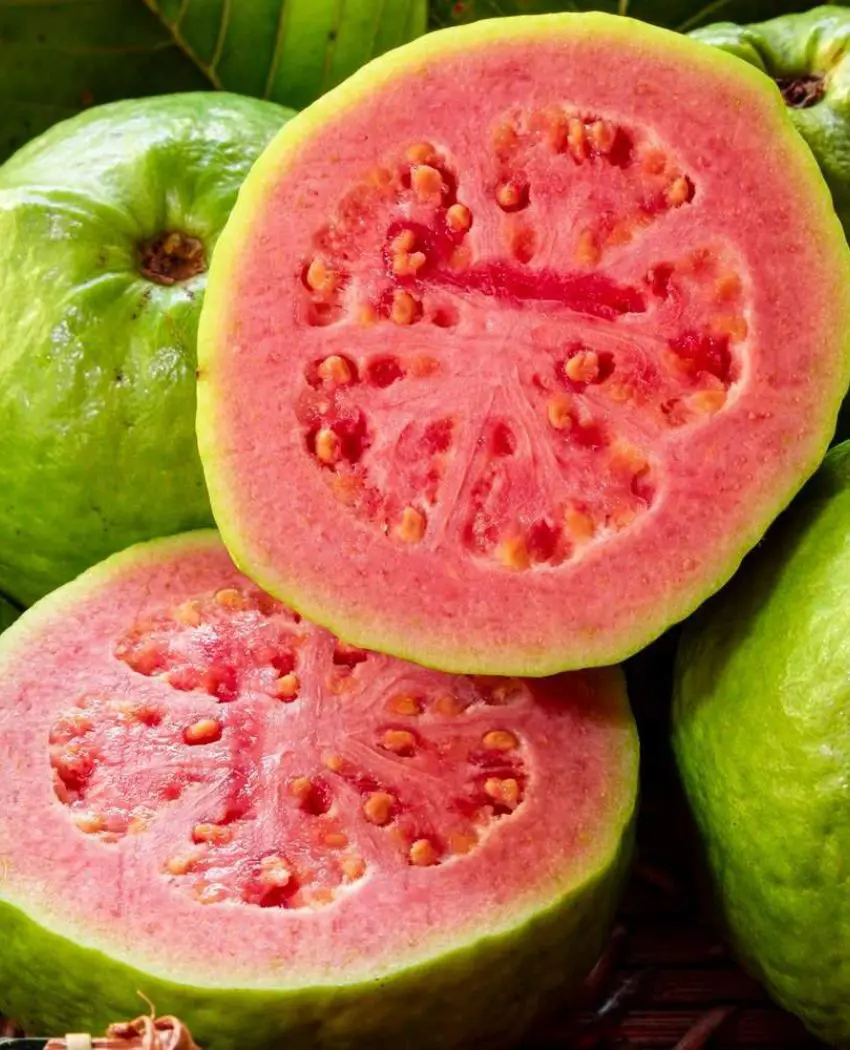
Guavas are tropical fruits well known for their nutritious and flavorful properties. They are rich in vitamins and antioxidants, making them a valuable addition to your gecko's diet when fed in moderation.
Vitamin C present in guava supports the immune function and skin health of geckos, whereas vitamin A is important for vision and growth. Guava also contains vitamin K, which is important for blood clotting and bone health.
It is high in dietary fiber and helps in digestion by preventing constipation. Antioxidants present in guava help protect cells from oxidative stress and support overall health. Their natural sugar provides energy but must be fed in moderation to avoid issues such as obesity.
17. Bananas
Bananas are another great food that is filled with rich and essential nutrients. They are good sources of vitamin C and vitamin B which are important for immune function and brain function respectively. It also consists of minerals such as potassium, magnesium, and calcium.
The antioxidants present in bananas, like dopamine and catechins, help protect cells from oxidative stress. While they are not as hydrating as other fruits, their moderate moisture content contributes to the hydration of geckos.
The natural sugars present in bananas provide energy to geckos, however, they should be fed in moderate amounts to avoid issues like obesity. Therefore, bananas can be a beneficial and enjoyable treat for geckos if monitored carefully.
18. Pineapple
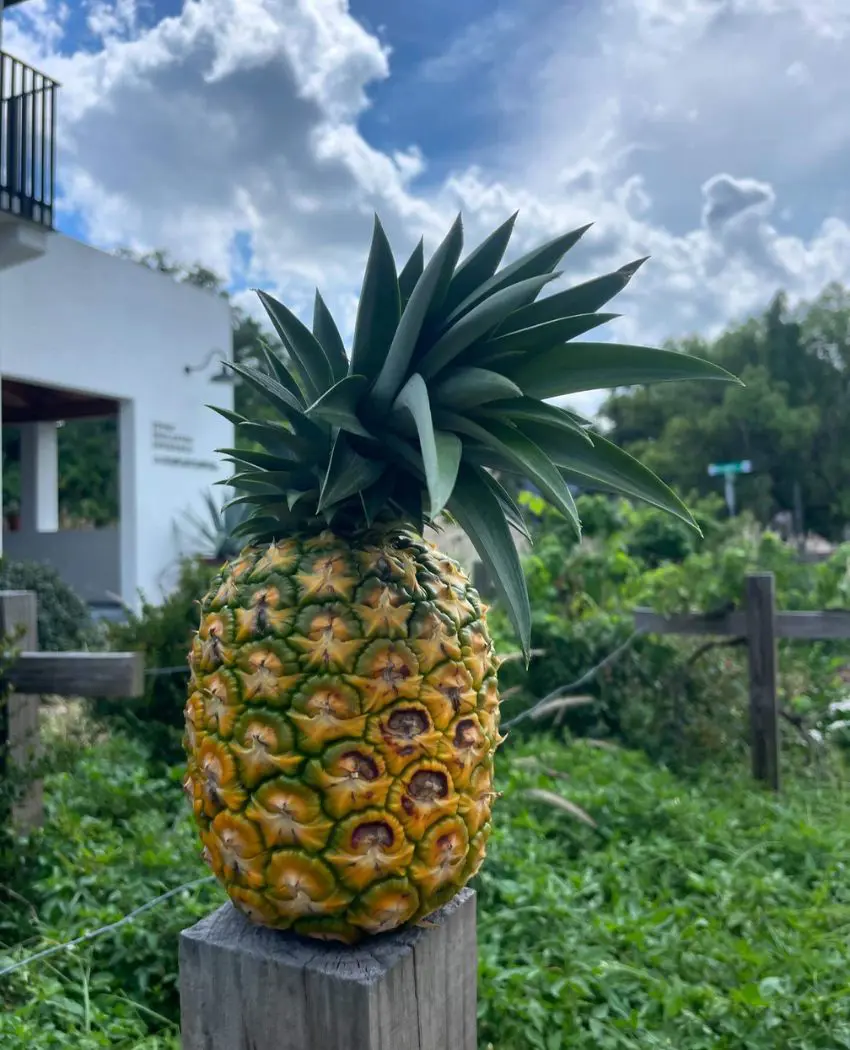
Pineapple is a tropical fruit known for its unique flavor and high vitamin content. They can be beneficial for geckos if fed in moderation. They are rich in vitamin C which supports immune function, skin health, and collagen formation, whereas vitamin A supports vision, skin health, and growth respectively.
Potassium present in pineapple regulates muscle function and nerve signaling, while magnesium contributes to bone health and metabolic processes. Pineapples also consist of antioxidants that protect the cells from oxidative stress and inflammation.
Pineapples contain a high content of water which contributes to the hydration of geckos. They also contain natural sugars that provide energy but should be offered in moderation to avoid obesity.
Recent posts
Pets
20 Pet Friendly Stores In The USA
Over the years, the population of pet owners, especially ones with dogs, has increased. Naturally, this has also increased the need for pet-friendly stores because pet owners no longer want to give business to stores where their furry best friends ar...
Why Do Horse Have Manes?
Horses have manes primarily for protection and communication. The thick hair shields their necks from insects, weather, and potential predators, while also serving as a way for horses to express social cues among their herd. In this article, we are g...
20 Foods You Can Give To Your Pet Snake
With the increase in people's unique interest and taste for pets, snakes are becoming more popular. These reptiles are considered fascinating creatures and are preferred mainly by those who want a long-term commitment from their pets. Unlike other us...
17 Foods That Goats Can Eat
Although they naturally are curious and may enjoy the many types of food available, it is much better if well-rounded nutrition is given to them to ensure they will have good health. A variety of food keeps them healthy but also pleases their taste f...
18 Foods That Ferrets Can Have
Ferrets are small, active animals that have gained popularity as pets owing to their curious social nature and athleticism. Although they are playful pets, ferrets nonetheless have different nutritional needs than more common companion animals like c...
What Do Bearded Dragons Eat?
Bearded dragons are omnivorous reptiles that thrive on a diet of both insects and plant-based foods. Their meals typically include crickets, mealworms, leafy greens, and a variety of fruits to ensure balanced nutrition. Originating from arid, desert-...


